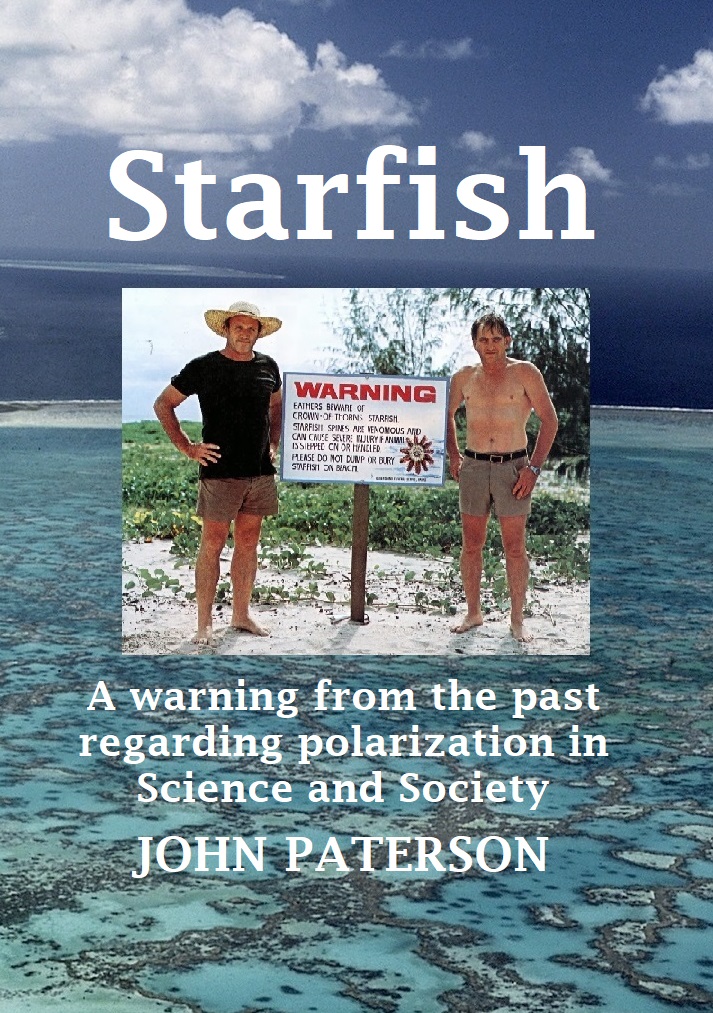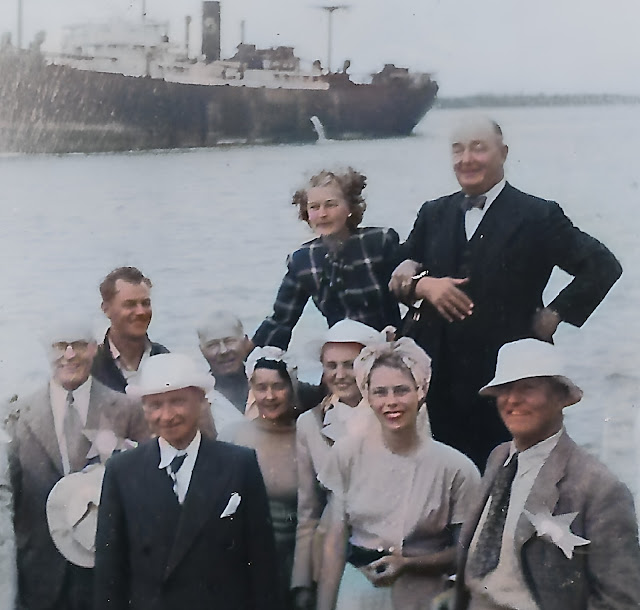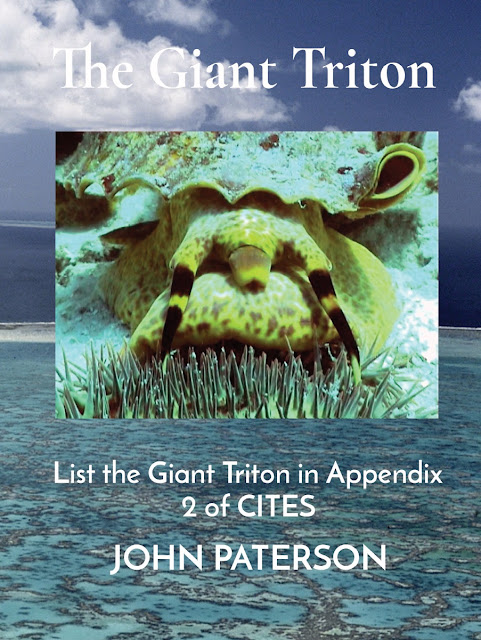Summary of the principal findings
A summary of the principal findings and some propositions regarding starfish outbreaks, including ChatGPT questions Dr Peter James and Dr Robert Endean at Green Island. Increased sub-tidal abundance of blue linckia could precede COTS outbreaks . Most starfish are rare, cryptic, toxic and in one case even venomous . The preferred prey is the species attacked preferentially by the predator . Heron Reef (23° 27′ S, 151° 57′ E) Capricorn Group at southern end of GBR . The attack of the triton elicits an escape response by the starfish . Coral reef starfish species may trigger larval settlement in the giant triton . “ a complex twist to more typical asteroid life-history strategies .” Many eggs may never be fertilised when adult populations exist at low densities . Cryptic species have been recognized by Byrne and Walker (2007) . Giant triton attacks and consumes crown-of-thorns starfish. (Beaver Reef, 2002). S...






Comments
Post a Comment